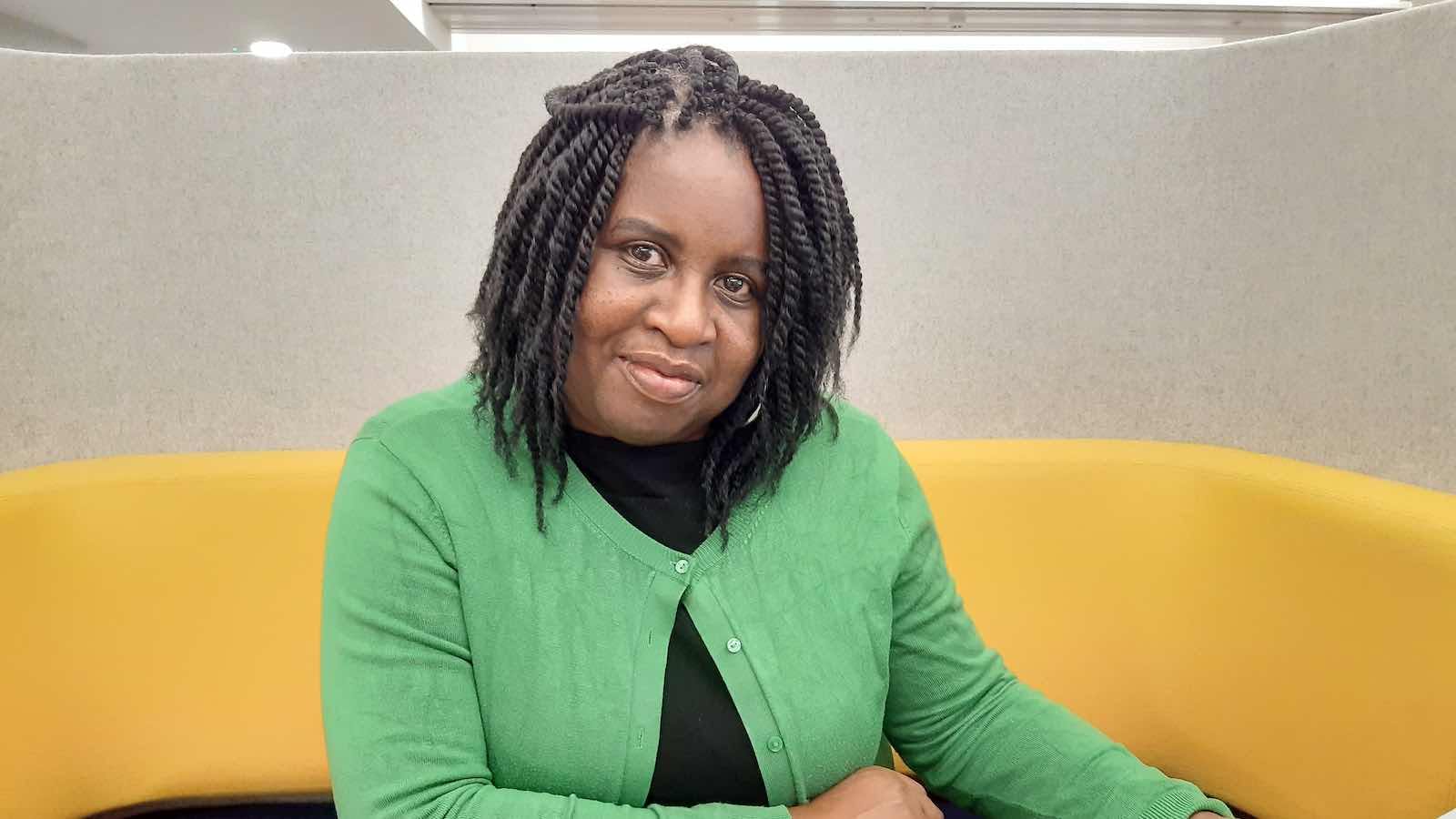
There are plenty of board-ready women of colour, they just need to be told about role openings and encouraged to apply, says PRECIOUS founder Foluke Akinlose MBE
Foluke Akinlose MBE set up the PRECIOUS platform to champion ambitious women of colour and help build their professional networks, here she talks about her PRECIOUS network and why she has partnered with Nurole to help boost the diversity of boards.
Foluke Akinlose MBE founded PRECIOUS in 1999, the first digital magazine for women of colour in the UK. PRECIOUS quickly became the go-to-resource for women of colour looking for advice and support on anything from the best beauty products to business resources.
Building on the success of the brand, Foluke went on to launch the PRECIOUS Awards in 2007 to champion ambitious women of colour by rewarding their business achievements. This was closely followed by the PRECIOUS Lifestyle Awards, which applaud the achievements of women of colour across the creative industries; and PRECIOUS Girls, which aims to provide access to positive female role models, and instil positive images and beliefs amongst young women and girls with a range of programmes and events taking place in schools and colleges across the UK.
In recognition of her contribution to the creative industries, Foluke was awarded an MBE in 2010. Here she talks about how PRECIOUS has evolved and how she hopes that her latest partnership with Nurole will help to propel more women of colour into the boardroom.
What inspired you to set up PRECIOUS?
When I was a little girl, I used to love magazines - Just 17, Jackie – they were like my bibles. There was never anyone in them though that looked anything like me, no black girls, no brown girls. So, when I was about 11 or 12, I decided when I got older I was going to launch my own magazine. A magazine that would talk about black success stories, about black hair and make-up and all that kind of stuff.
But then when I got older reality struck! I was from a working-class family, we didn’t have any money to publish a magazine – it was before the internet. So, I put it to the back of my mind for a little while. After university I started working at ITN's digital department. It was there that I started seeing all these magazines online for women of colour in America. So, I thought, oh this could be my opportunity to actually follow my dream and PRECIOUS online was born.
I taught myself HTML, built the site myself and then launched it. After a couple of years, it was nominated for a couple of awards and I began thinking about how we could expand it and at the same time bring my readers, women of colour, together.
I had met all these amazing women and I realised that no cohesive network existed for them, so that’s when I moved into events about six years after we started. I began running events on networking, leadership, publishing and PR.
The PRECIOUS organisation has evolved into a strong network for connecting business women, why did you focus on business?
What I was doing was quite entrepreneurial and so I was very interested in business stories and meeting women who were doing what I was doing, building up a business. I was meeting women like me, and I think that’s why we developed into such a strong business network.
Has the membership changed over the years?
When I first started it was predominantly made up of business women; entrepreneurs who had started their own businesses. I often heard, and still hear, stories of women who feel that they’ve hit a ‘glass ceiling’ within the organisation that they’ve been working for and that frustration encourages them to set up on their own. If they’re not given the opportunities to lead, they create their own opportunity to lead.
As we’ve grown and developed though more leaders from the corporate world have now joined and it’s a pretty even mix between the two groups now.
Women of colour are under represented on boards, why do you think that this remains a problem when many boards claim to be addressing this inequality?
I think it’s because most boards are too lazy to look outside of their own networks and are recruiting members in their own image. They need to look at where they are recruiting from, how diverse their networks are and who they are talking to. A lot of the woman that I meet are extremely capable of being on a board or being a trustee, but they are just not hearing about the opportunities.
There have been some pretty high-profile campaigns that have set out to get more women on boards, but they are simply not inclusive. There are so many networks now for people of colour that these campaigns could be targeting and they are not doing it.
PRECIOUS has partnered with Nurole to help make women of colour aware of the opportunities that exist for them on boards and to give them the confidence to apply for them. How do you think your members can best benefit from this?
I want them to get a real understanding of what it means to be on a board and to find out more about the different roles that exist on a board, non-executive directors and trustees, for example. I want them to realise that those opportunities are there for the taking for them and hopefully they will become more confident about putting themselves forward for board roles and begin to reach out to other women in their networks and encourage them to put themselves forward too.
Boards might seem from the outside to operate like a closed shop, but they are not and we’re working with Nurole to help people to see that these opportunities are open for all.
If you are looking for non-executive director roles, Nurole's innovative recruitment platform can help.



